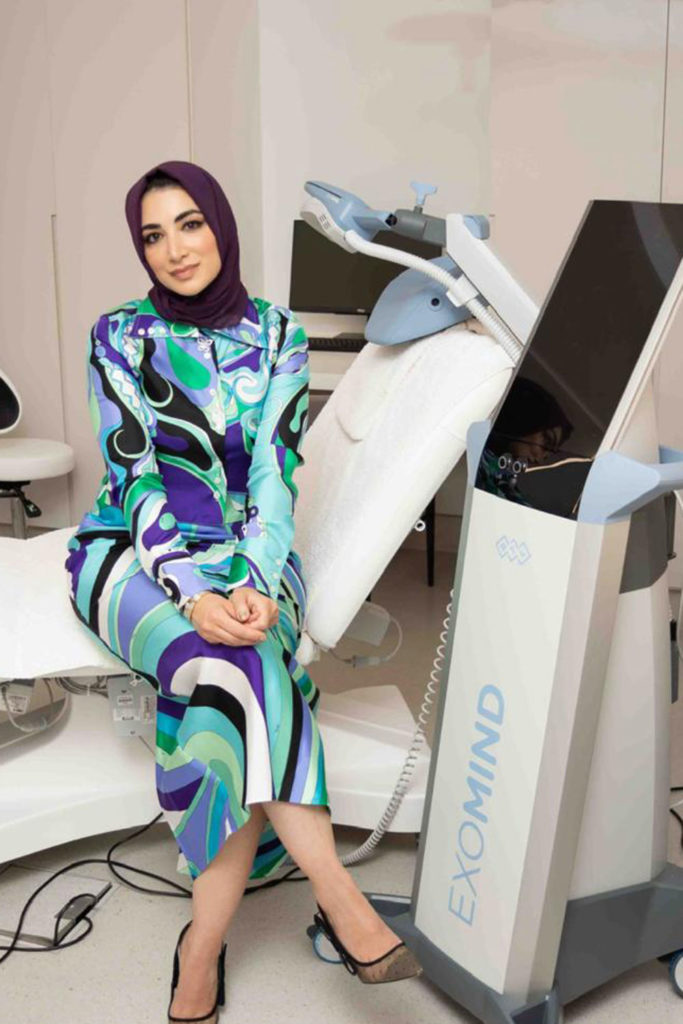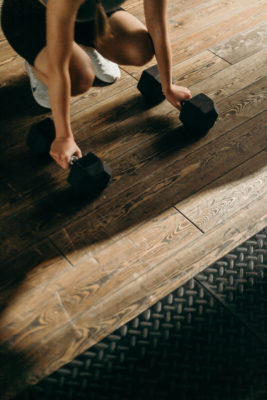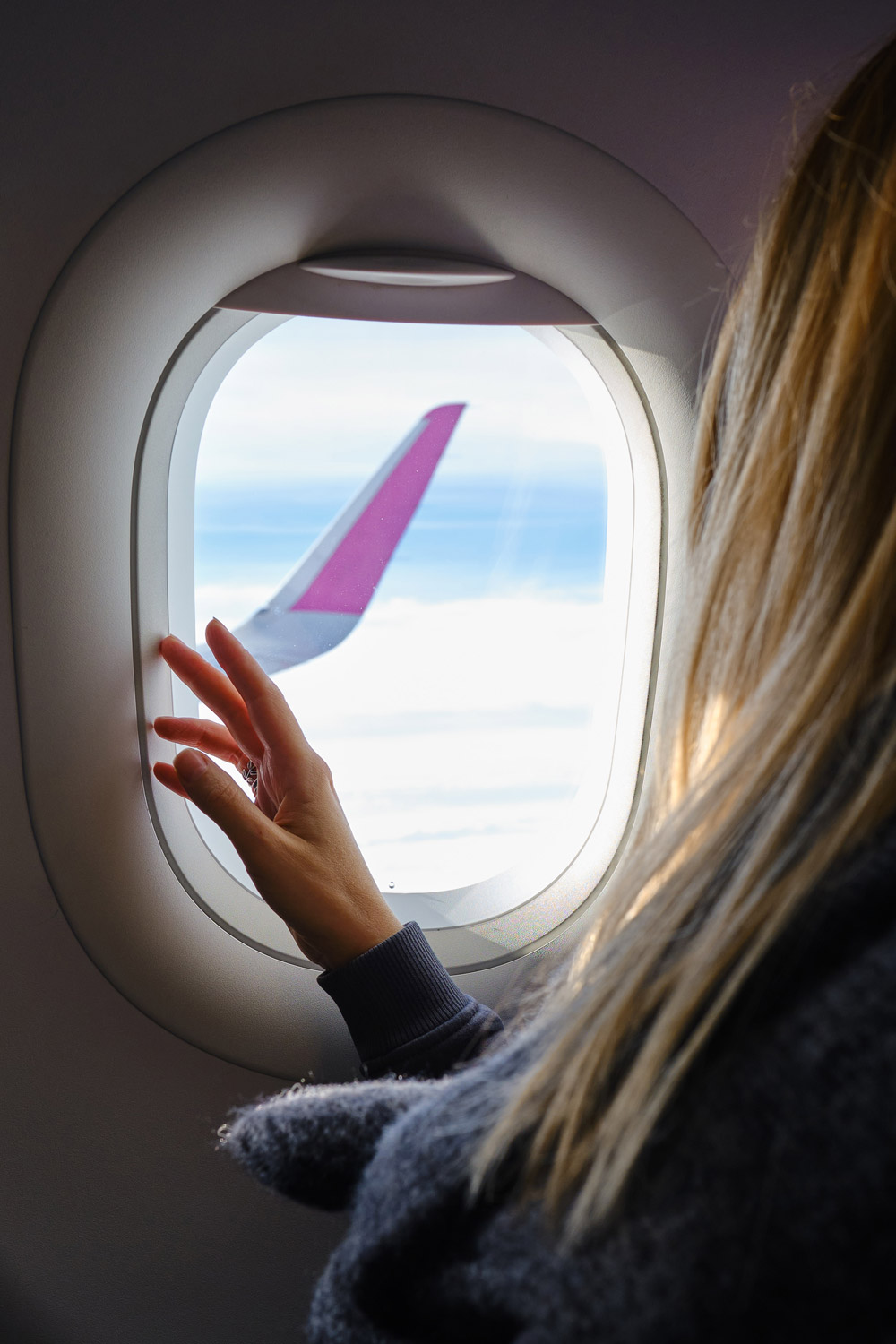
What Is The Jet Lag Gender Gap?
By
5 months ago
Here's how hormones impact our travel experience
Disorientation, wooziness, waking up in the middle of the night… jet lag is, unfortunately, an unavoidable part of long haul travel. But did you know women are often more heavily impacted by it than men? This is because many of the feelings we experience are caused by hormones – which also means travelling to far flung locations may affect women differently at different times of the month. Anna Targonskaya, in-house obstetrician and gynecologist at hormone tracking app Hormona, explains the jet lag gender gap below.
Jet Lag & Hormones: Everything You Need To Know
How Do Hormones Cause Jet Lag?
Hormones affect almost every process in the body, from blood sugar to metabolism to sleep to stress. So it makes sense that they also play a part in causing jet lag. As Targonskaya explains: ‘Jet lag occurs when our internal biological clock becomes misaligned after crossing time zones, disrupting the natural rhythms that govern hormone production.’ Our circadian rhythms are unable to adjust quickly enough to the changes – in part a result of our melatonin levels, which regulate sleep by releasing more as we approach bedtime, and less during the day.
‘Almost every cell in your body has a cortisol receptor, making it incredibly influential over your sleep cycle, mood, and energy levels,’ Targonskaya continues. ‘Long-distance travel throws off cortisol’s natural pattern, causing the fatigue and mood changes we associate with jet lag.’
So our hormones are the reason we feel jet lag – but it works the other way too. Feeling jet lagged impacts our HPA axis (hypothalamus-pituitary-adrenal axis), Targonskaya notes, which can impact menstrual cycle regulation. ‘Travel disrupts menstrual cycles through two main pathways: stress response and circadian rhythm changes. Elevated cortisol interferes with menstrual hormones, causing ovulation delay or inhibition, leading to late or irregular periods.’
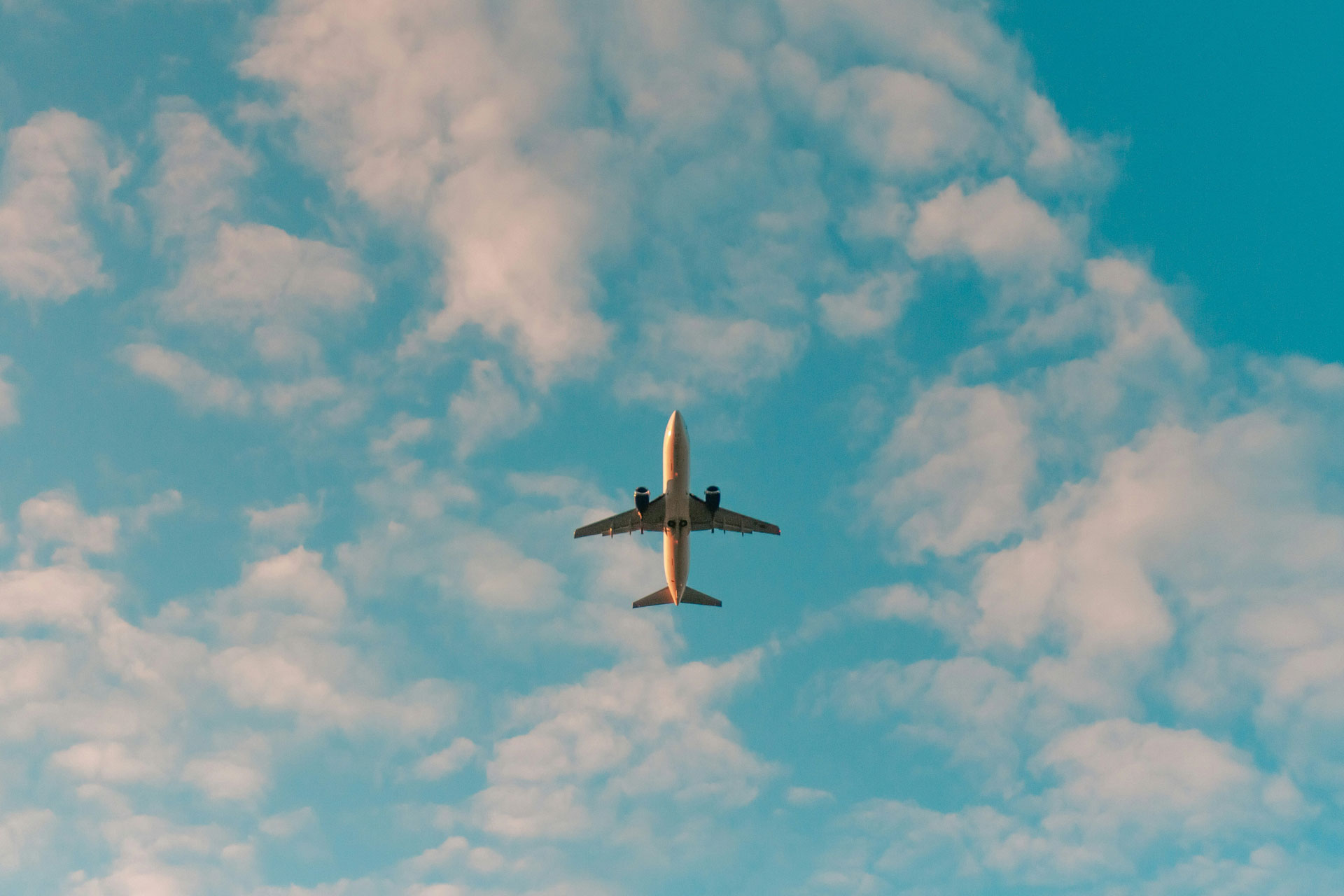
(c) Philip Myrtorp, Unsplash
How Does Jet Lag Differ Between Men And Women?
According to Targonskaya, ‘women experience jet lag differently to men, and this appears to be linked to hormonal fluctuations throughout the menstrual cycle.’ She explains that, during the follicular phase of the cycle, progesterone and cortisol levels rise when the body is under physical stress, such as travel – showcased in this study published in Neurobiol Stress in 2016.
‘While progesterone is mainly produced by the ovaries after ovulation, it’s also produced in smaller amounts by the adrenal glands during stress responses. Since progesterone has calming and sleep-promoting effects, we believe this stress-related increase might actually help some women initially, though more research is needed to understand this connection fully.’
However, jet lag may be felt more prominently during the second half of the menstrual cycle. ‘The few days before a period begins are particularly sensitive for many women, as both estrogen and progesterone levels drop sharply. We think this hormonal decline makes women more vulnerable to stress and mood changes, exactly when jet lag’s effects hit hardest.’
But does the science stack up? The evidence is arguably limited, but one study from Kyushu University in Fukuoka explored differences in how chronic jet lag affects the metabolism of male and female mice. Published in the journal Biology of Sex Differences, the research concluded that the body clocks of female mice are more easily disrupted than those of male mice, leading to differing metabolic effects.
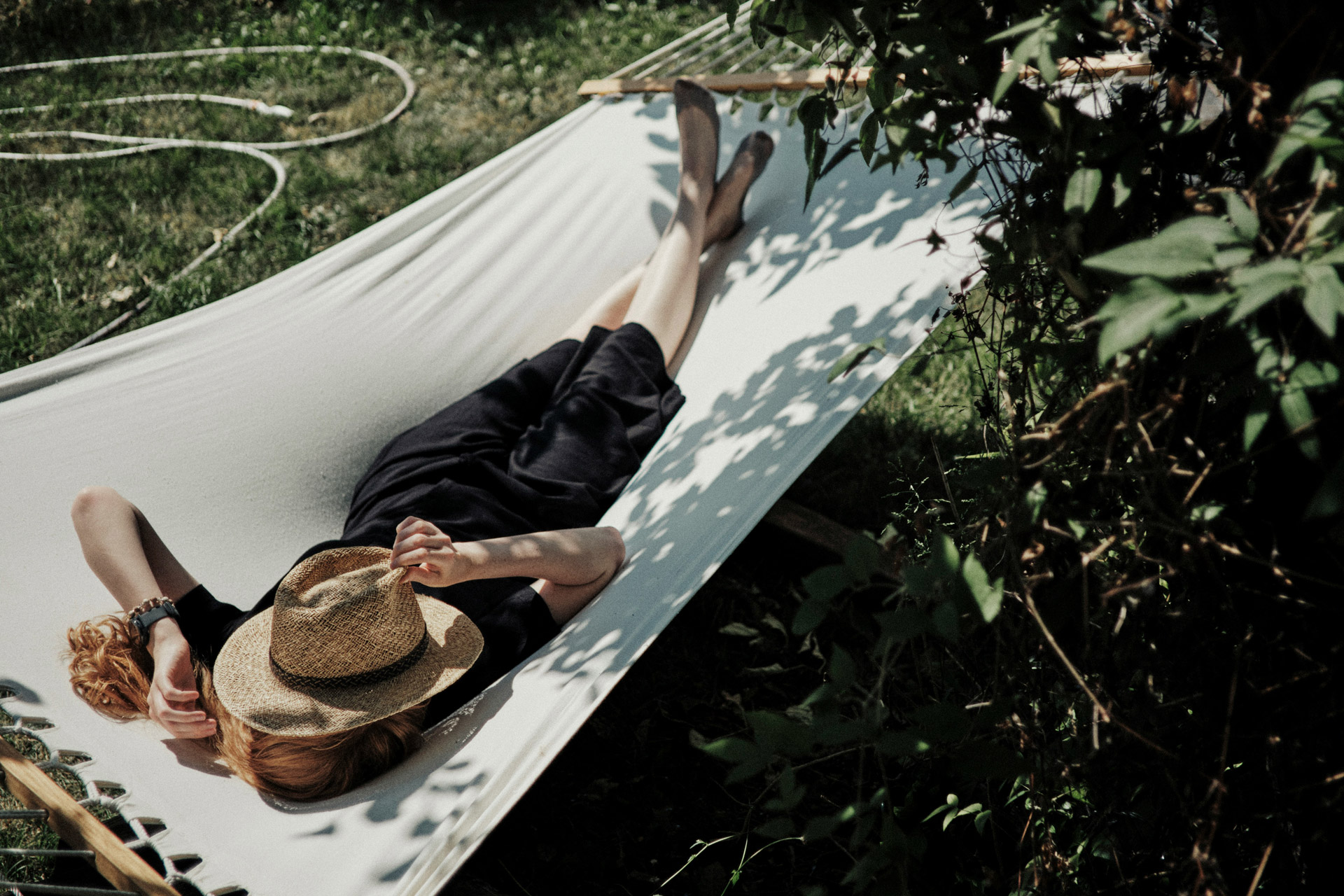
Unsplash
Targonskaya also points out that the timing of sleep differs between genders. ‘Men typically adjust more quickly when crossing time zones, falling asleep earlier and experiencing less fatigue overall.’ Meanwhile, women’s melatonin production begins earlier in the evening (evidenced in this study), despite the fact they tend to fall asleep later. ‘This creates a mismatch between when their body is preparing for sleep and when they actually get to sleep, leaving them out of sync with their natural clock and potentially making jet lag symptoms worse.’
This was shown in a study published in Sleep Medicine Reviews in 2024, which found differences between the sexes are also present in our circadian rhythms – scientists concluded women’s intrinsic circadian periods are shorter than men’s by around six minutes.
Dr Renske Lok from Stanford University, who led the review, said: ‘While this difference may be small, it is significant. The misalignment between the central body clock and the sleep/wake cycle is approximately five times larger in women than in men. Imagine if someone’s watch was consistently running six minutes faster or slower. Over the course of days, weeks, and months, this difference can lead to a noticeable misalignment between the internal clock and external cues, such as light and darkness.’
The same study found women experience more disrupted sleep than men, and they are more likely to struggle with insomnia. ‘These hormonal and sleep timing differences help explain why women often find jet lag more disruptive and take longer to fully recover from long-distance travel,’ Targonskaya concludes.
What Can We Do To Combat It?
Heading on holiday soon and keen to minimise the impact? Karolina Löfqvist, CEO & co-founder at Hormona, suggests:
- ‘Reduce stress naturally: Anything that encourages you to slow down, breathe deeply, and let go of stress where possible. Try chamomile tea to help lower stress levels naturally, and lavender in all its forms.
- Prioritise quality sleep: Create relaxing bedtime routines, as sleep is crucial for getting your hormones back on track after travel.
- Support your mood with food: Try mood-boosting foods like pineapples, bananas, and strawberries (all serotonin promoters), plus leafy greens like kale and spinach for mood swings.
- Consider helpful supplements: Magnesium helps to calm your mood. Ginseng is a powerful adaptogen that helps your body cope with challenges like travel stress.
- For women specifically: Track your cycle using platforms like the Hormona app, Flo and Clue to understand how travel affects you.’





